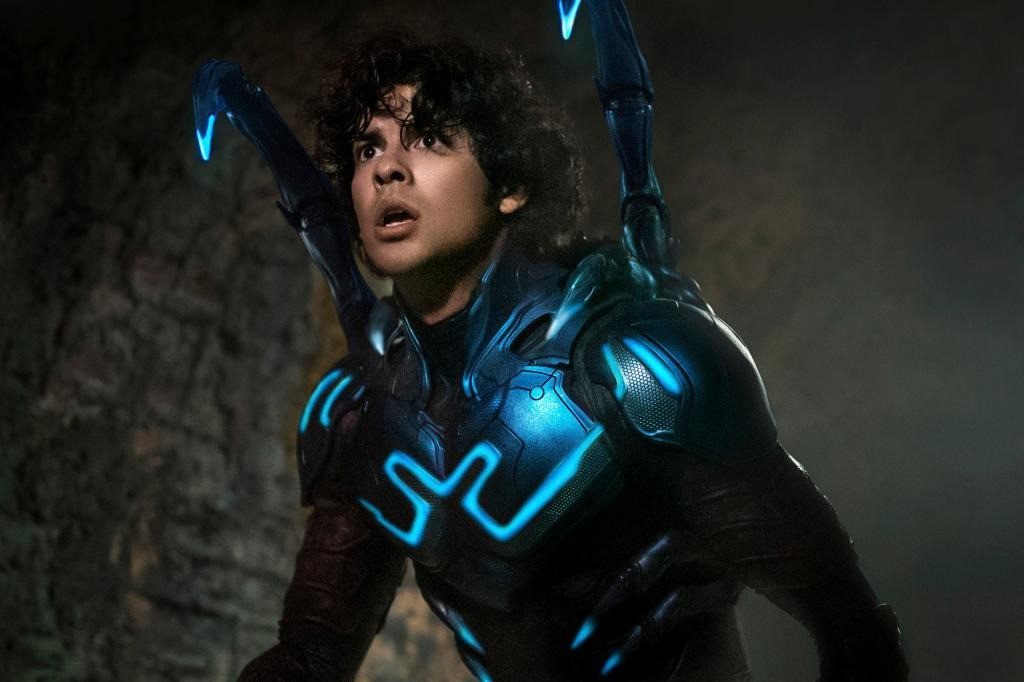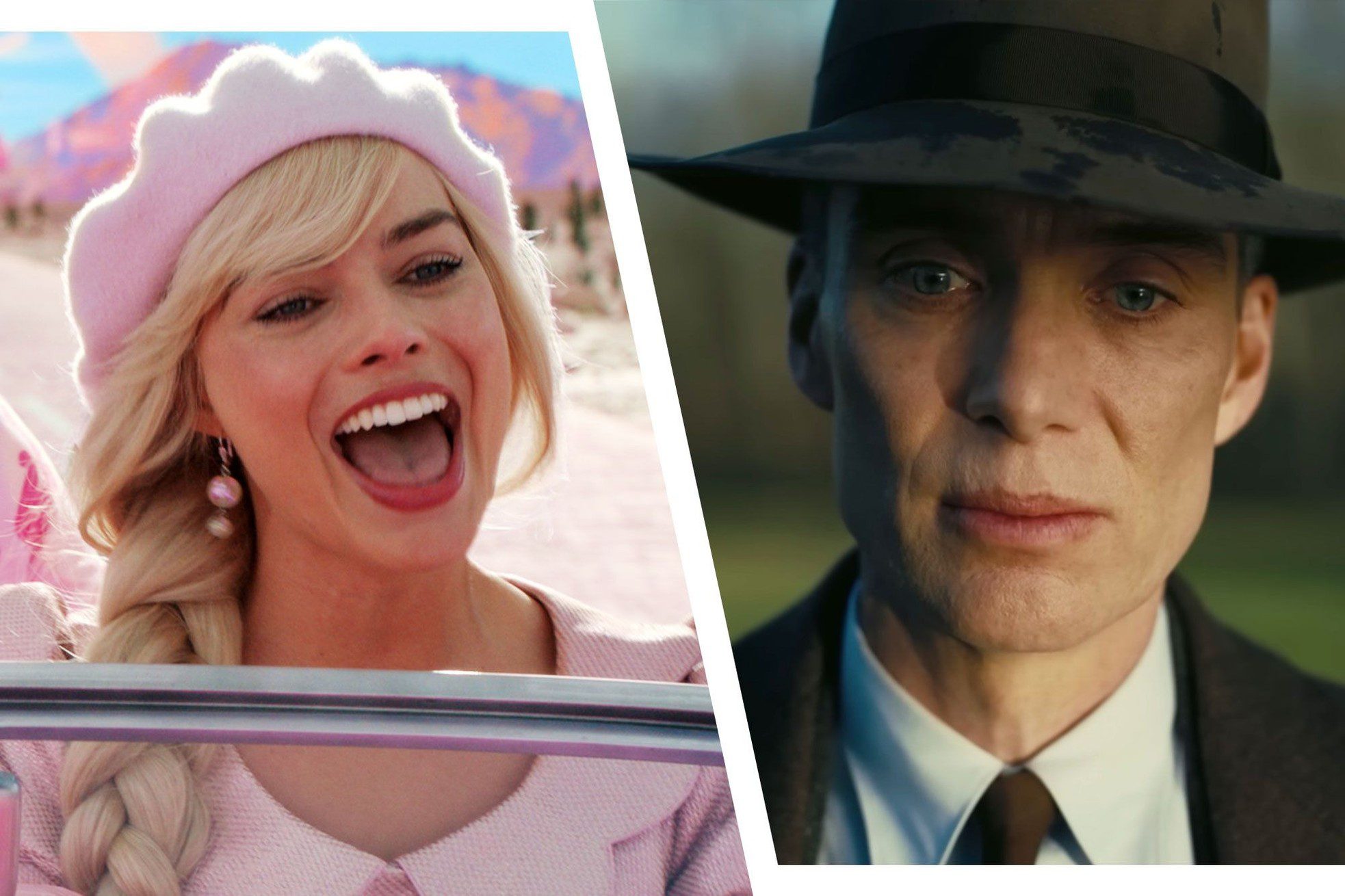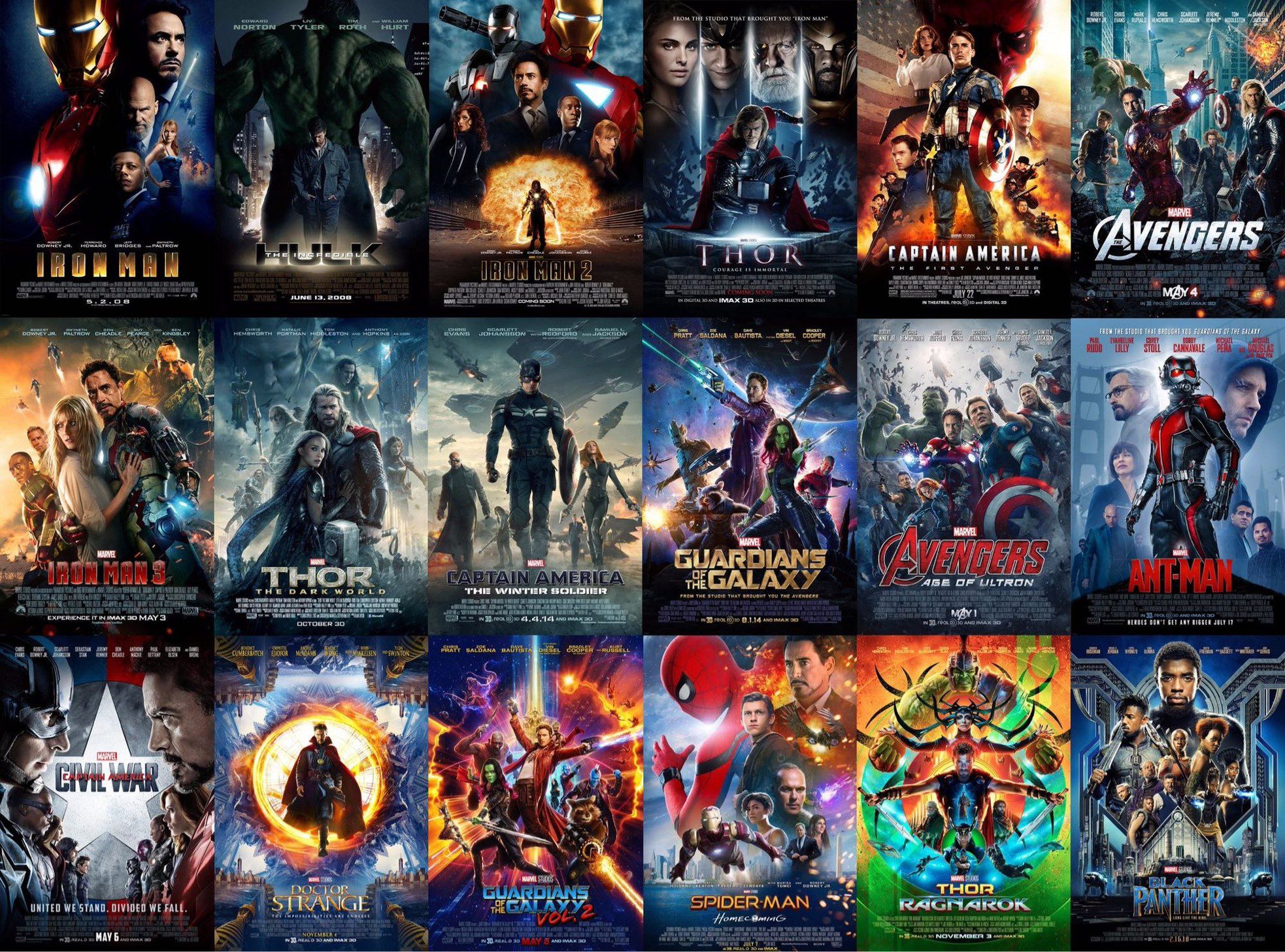On August 18, Blue Beetle – a part of the vast DC Extended Universe (DCEU) – is being recognized as a superhero film, and even touted as one of the best films from DC Studios (a subsidiary of Warner Bros).
Blue Beetle revolves around the character Jaime Reyes (Xolo Maridueña), a 22-year-old Mexican-American who transforms into the superhero Blue Beetle after being infused with an extraterrestrial artifact known as the Scarab, resembling a blue beetle that merges with him.
The film has received high ratings on Rotten Tomatoes, with a score of 77% from critics and 92% from audiences, marking a notable entry in the superhero genre.
However, the film only grossed $45 million worldwide in its opening week. This opening is quite underwhelming when compared to its “parent” blockbuster films like Oppenheimer (which earned $174 million) and Barbie (which grossed $155 million). While Blue Beetle has yet to break even against its production budget of $104 million, both Oppenheimer and Barbie easily surpassed their budgets, which were $100 million and $145 million, respectively.

According to The New York Post, Blue Beetle continues the unfortunate trend of “bombs” that DC has experienced over the past year, including Black Adam, Shazam! Fury of the Gods, and The Flash. “All have been failures,” the article pointed out.
For Marvel, the situation is not too dire as they are concluding a successful phase. The film Guardians of the Galaxy Vol. 3 grossed $845 million since its release in early May. This figure is significant, but it may be hard to achieve the $1-2 billion mark like its “predecessors.”
Meanwhile, Ant-Man and the Wasp: Quantumania earned $476 million, but was overshadowed this year by Oppenheimer (nearly $800 million) and Barbie (over $1.2 billion).
Looking back five years, these results would have been completely outside expectations. However, viewer perceptions are changing rapidly. There is a growing desire for new narratives around ordinary people who acquire superhuman powers due to accidents in the lab.
Many are not particularly excited about the upcoming superhero films The Marvels and Deadpool 3 slated for release next year. Instead, there is heated debate about the price and the scenes featuring the rising star Florence Pugh (from Oppenheimer).

Why is the superhero film industry ‘failing’?
Beginning with the cinematic era initiated by Marvel’s Cinematic Universe (MCU) in 2008 with Iron Man, the entertainment industry has been disrupted by a Napoleonic approach – connecting a series of films and shows, akin to Napoleon’s campaigns. Initially, these films attracted and created a sense of novelty. However, the prolonged timelines have made audiences less tolerant.
Notably, the most prominent franchises are Disney’s MCU (32 films, 21 animated series), Warner Bros’ DCEU (15 films, one animated series), the Wizarding World of Harry Potter (11 films, an animated series due to be released), and the Star Wars saga (12 films, 16 animated series) by Disney, along with anything Amazon is currently developing with The Lord of the Rings.
No one denies that films and shows featuring “superheroes” are valued in reality. Black Panther from Marvel was nominated for an Oscar for Best Picture with a staggering box office gross, and Star Wars Episode VII: The Force Awakens broke records, becoming a cultural phenomenon akin to the decade-long anticipation of The Mandalorian, a series from the Star Wars universe, which generated tremendous buzz for several months.
However, no one wants to pay to sit through a lengthy 30-film series. For viewers, life has become complicated; they often don’t want to have to watch WandaVision just to understand Doctor Strange in the Multiverse of Madness.

Currently, audiences are becoming increasingly wary of numerous superhero films being released, especially before they are even released.
In the entertainment industry, like Mattel. Following the overwhelming success of Barbie, the toy company has plans to build a cinematic universe for itself. Despite the emotional investment in Margot Robbie’s latest film, news has surfaced that Lena Dunham will be directing a film about the Polly Pocket doll, starring Lily Collins, which has raised eyebrows and sparked debates. There are concerns that the Barbie universe might appear trivial and that Barbie should not need to compete with the American Girl doll in a live-action version.
The decline in box office revenues for films alongside the increase in ticket prices for films like Super Mario Bros. and Avatar: The Way of Water is a reason to be optimistic that these superhero franchises may soon face challenges.
However, at the present time, Disney and Warner Bros are still in a competitive race. At least eight different Marvel films are currently in various stages of production with release dates projected until 2027. In 2020, Disney announced an additional 10 animated Star Wars films for Disney+. The DCEU is also evolving under the new leadership of James Gunn and Peter Safran, with 5 feature films and 5 animated series in the pipeline.
The question remains: how long can audiences remain patient?





















